For the second time in a row, Sweden’s most established Counter-Strike: Global Offensive team will not be attending a Valve Major.
Following a shocking string of losses in the recent closed qualifiers for the upcoming Kraków European Minor, the legendary Ninjas in Pyjamas will not even be in contention for the Valve Major. But NiP’s downfall doesn’t only showcase the poor state the team has found itself in. It also shows that Sweden, the most accomplished nation in the history of the game, has truly entered a time where the nation isn’t fielding a top-rated international team anymore.
Fnatic were sent reeling in the middle of 2016 following the now infamous “Swedish shuffle”, which saw the majority of the most successful iteration of Fnatic join up with domestic rivals GODSENT. Fnatic have not recovered since, despite reversing the shuffle a year later. For NiP, the chronology of the team’s downfall is perhaps the most bizarre.
NiP’s drop in performance came shortly after its last international success at IEM Oakland last November. In less than eight months the team went from winning an international title, to failing to defeat opponents such as iGame.com and Red Reserve. The two teams, whose achievements pale in comparison to those of NiP (even in 2017), were still able to convincingly decimate NiP in their confrontations. The legendary Swedish squad was eventually eliminated by Turkey’s chief CS:GO export Space Soldiers, but not before defeating countrymen Epsilon.
This result could be seen as an even bigger indictment of the current Swedish CS:GO landscape, upon closer inspection. The game between Epsilon and NiP consisted of a grueling back-and-forth on Train, that almost ended up with Epsilon forcing an overtime situation. NiP only barely succeeded in remaining in the closed qualifier, but what does that say about the state of the two Swedish squads? Epsilon’s loss to NiP meant that the squad was eliminated from contention, as the squad lost three straight games in the qualifier.
Having previously harbored talent such as Joakim “disco doplan” Gidetun, and even William “draken” Sundin in the past, the squad now seems to have been hollowed out of most of its talent, ending the momentum the team had been building in the past months. What’s more, the talented players the team lost now also appear to be struggling in their new teams.
Disco doplan is now competing on the constantly struggling GODSENT, while draken’s impressive individual performances seems to lack impact on the NiP squad. This leaves only Fnatic as the sole major international contender for Sweden—which is not all too encouraging, as the team has yet to find the same success as it had in the past.
Ultimately, it hardly seems reasonable to assume that the many talented players the nation harbors won’t ever find success. But what should be considered is the steep drop-off between the best and the second best teams—which suggests that the talent has not been put to good, or efficient use. After the Krakow Major, we will undoubtedly see major roster moves once again.
A new Swedish shuffle could be in the offing. But it is still incredible to see the once great nation of Sweden unable to even make a dent, despite as deep a talent pool as ever.


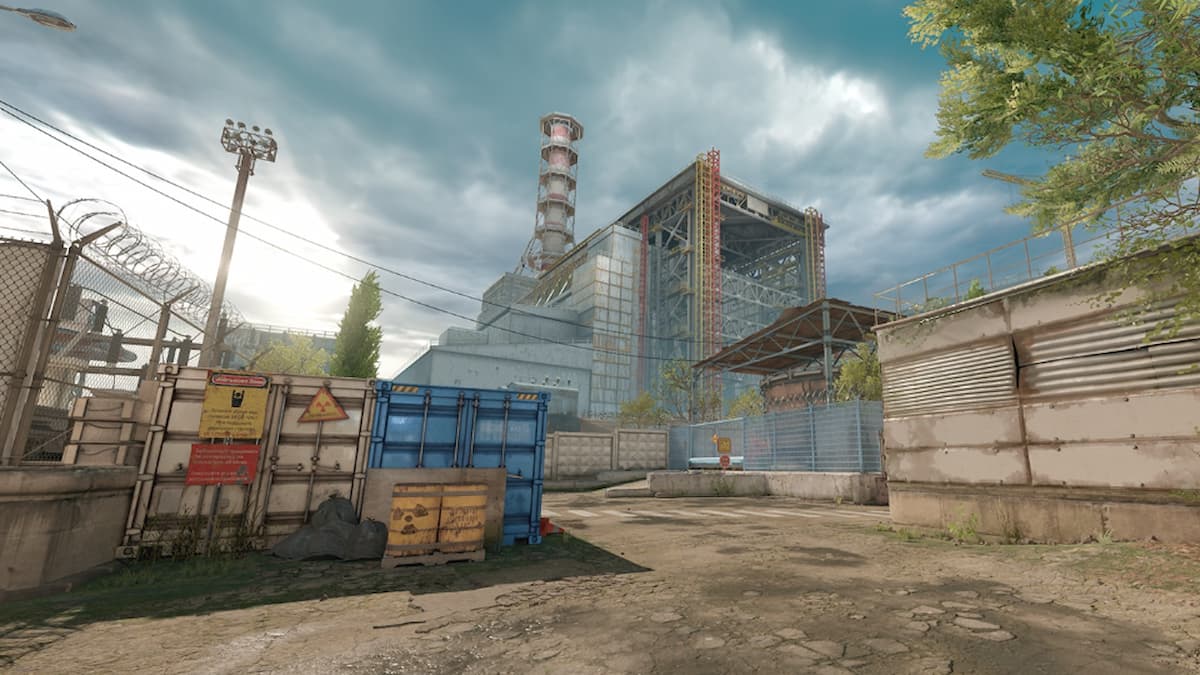
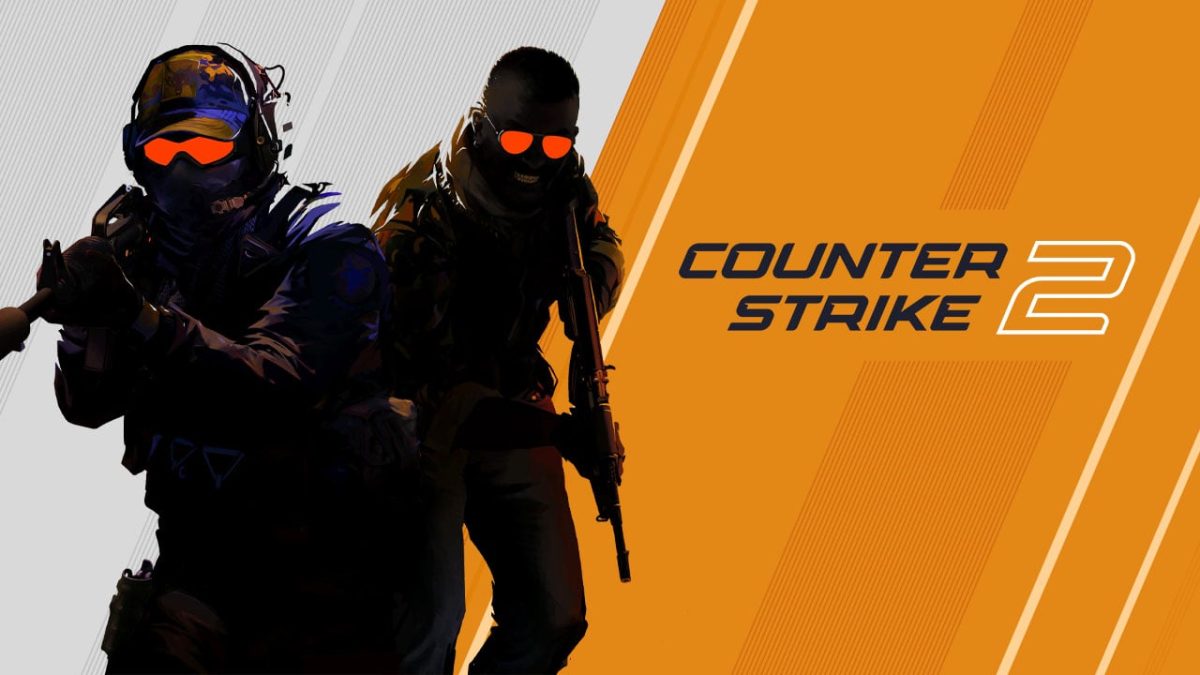
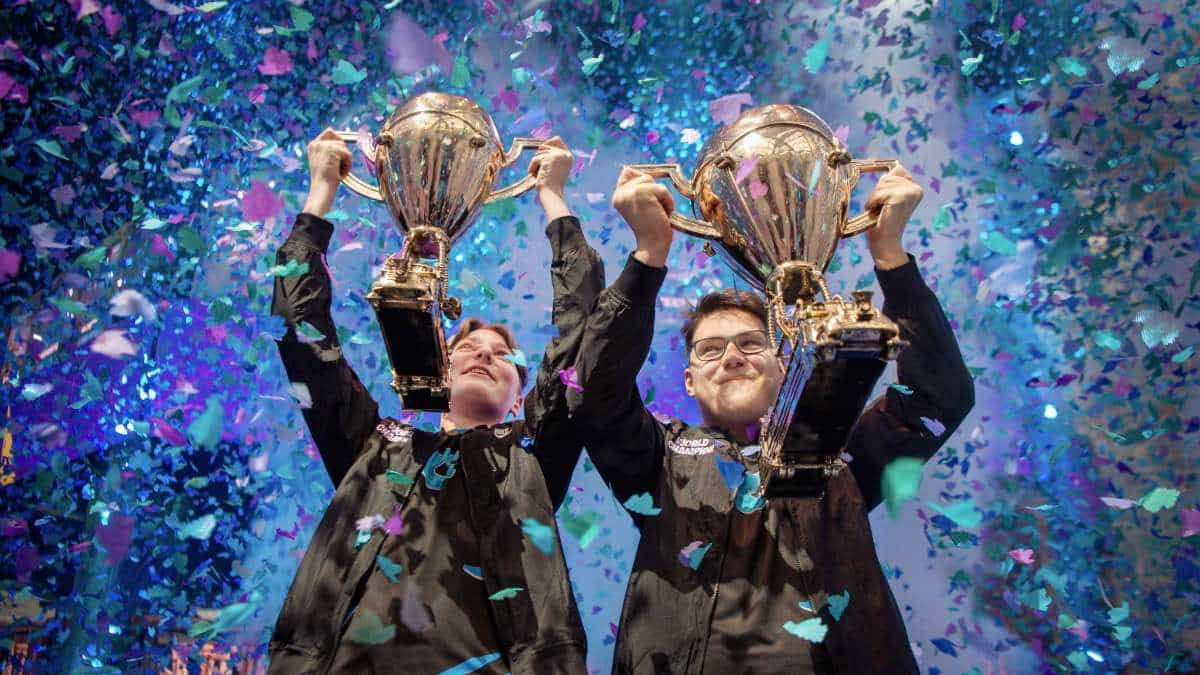

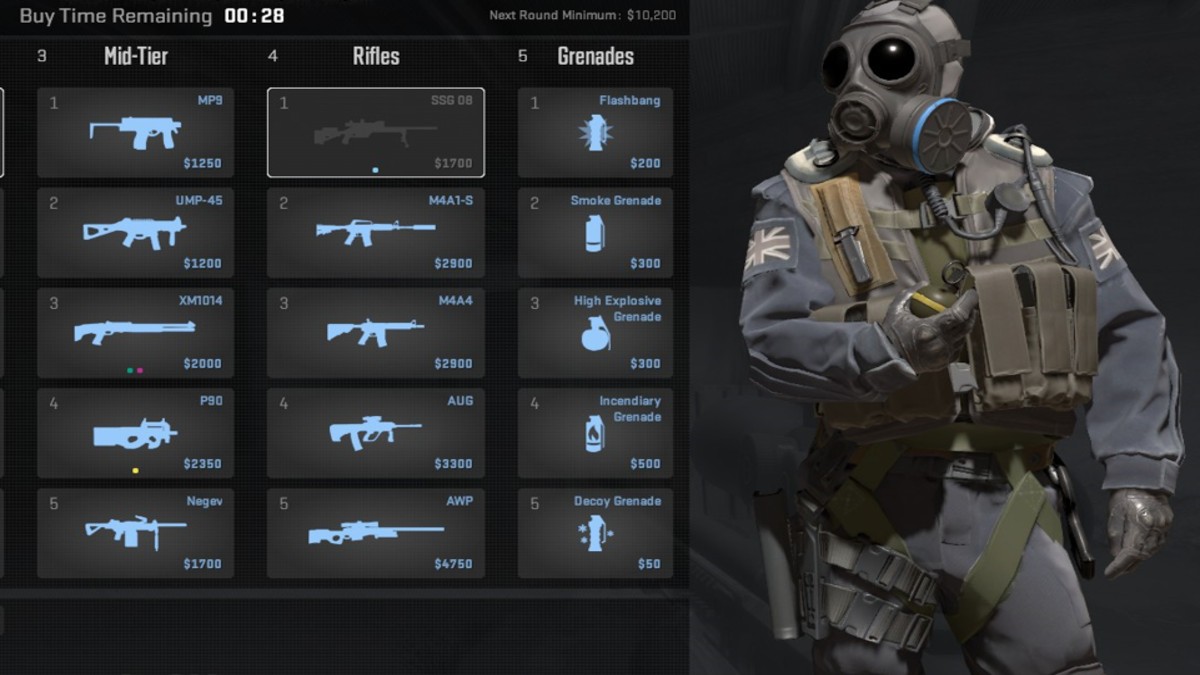
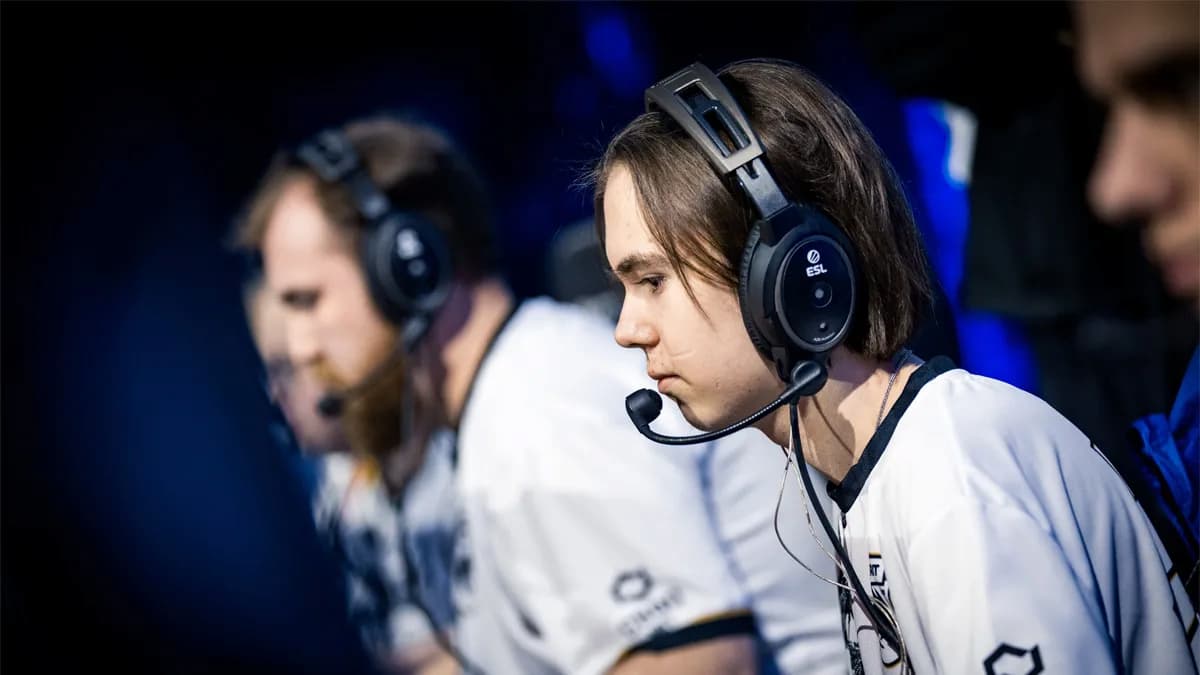
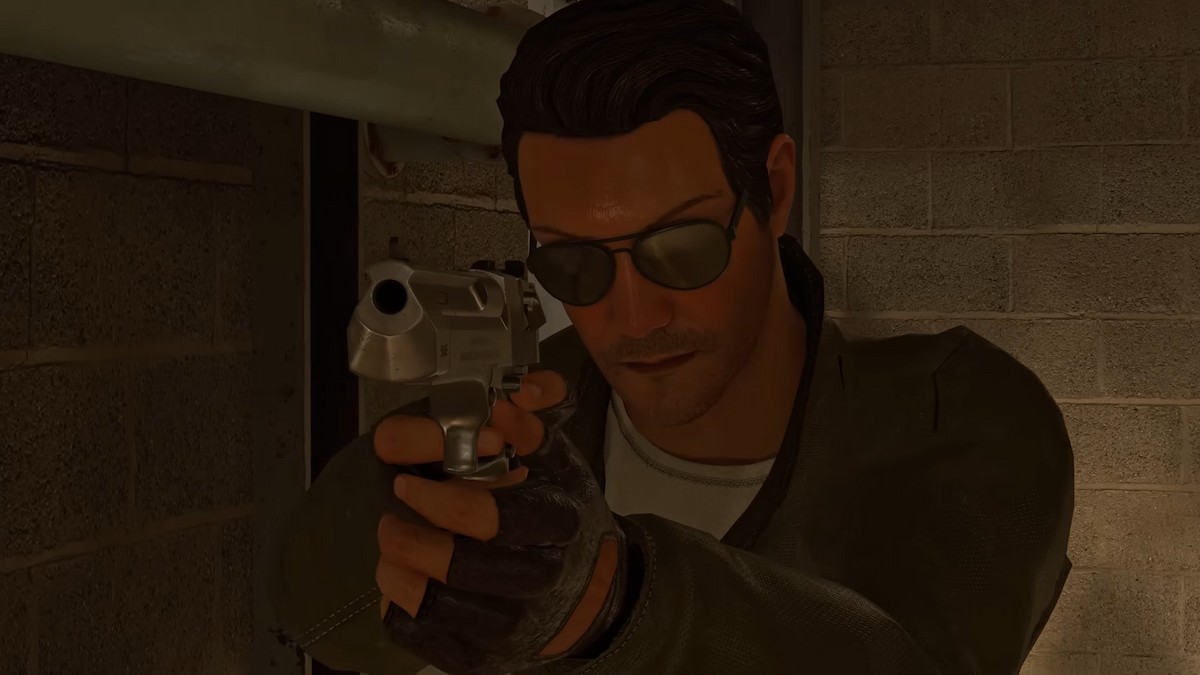
Published: May 21, 2017 12:23 pm